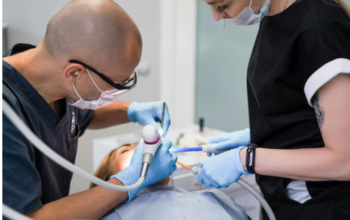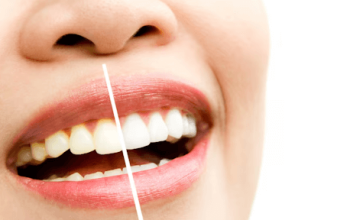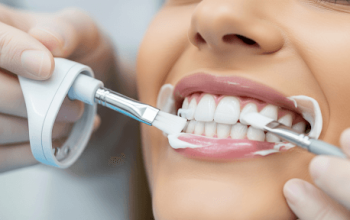Invisalign has become a popular orthodontic treatment for those seeking a discreet and convenient way to straighten their teeth. However, like any medical procedure, it’s essential to have all the necessary information before starting treatment.
Below are 12 crucial questions you should ask your orthodontist about Invisalign to make an informed decision.
1. Am I a Good Candidate for Invisalign?
Not everyone is a suitable candidate for Invisalign. Your orthodontist will assess your dental health, the severity of your alignment issues, and your commitment to wearing aligners. Invisalign works well for mild to moderate misalignments, but severe cases may require traditional braces or other treatments.
2. What Can Invisalign Correct?
Invisalign can address various dental issues, including crowding, spacing, overbites, underbites, and crossbites. However, its capabilities have limitations. Discuss your specific alignment problems with your orthodontist to ensure that Invisalign is the best option for your needs.
3. How Long Will My Treatment Take?
The duration of Invisalign treatment varies depending on the complexity of your case. While some patients may complete treatment in as little as six months, others might take up to 18 months or more. Your orthodontist will provide an estimated timeline based on your personalized treatment plan.
4. What Is the Cost of Invisalign?
Invisalign treatment costs can vary widely depending on factors such as the length of treatment and the severity of your alignment issues. Ask your invisalign provider for a detailed breakdown of costs, including the aligners, consultations, and any additional treatments or procedures required.
5. Are There Any Additional Procedures Required?
Sometimes, patients may need additional procedures alongside Invisalign, such as tooth extractions, contouring, or attachments (small tooth-colored buttons that help aligners fit better). Understanding these procedures beforehand will help you prepare for the overall treatment process.
6. What Happens if I Lose an Aligner?
Accidentally misplacing an aligner is a common concern among patients. Ask your orthodontist about the steps to take in case of a lost aligner. They might suggest wearing the previous aligner until a replacement is available or advancing to the next one depending on your treatment stage.
7. How Often Will I Need Check-ups?
Regular check-ups are an integral part of Invisalign treatment. These appointments allow your orthodontist to monitor your progress and make any necessary adjustments. Typically, patients visit their orthodontist every 6 to 8 weeks, but the frequency can vary depending on individual needs.
8. What Are the Daily Requirements for Wearing Invisalign?
To achieve optimal results, Invisalign clear aligners need to be worn for 20-22 hours a day. They should only be removed during meals and when brushing or flossing your teeth. Ask your orthodontist for tips on maintaining this schedule and whether Invisalign fits into your lifestyle.
9. Will Invisalign Affect My Speech or Comfort?
During the initial phase of wearing Invisalign, some patients may experience minor speech changes or discomfort. Discuss these potential issues with your orthodontist and learn how long they typically last. Most patients adapt quickly, but it’s helpful to know what to expect in advance.
10. How Should I Maintain My Aligners?
Proper maintenance of your Invisalign aligners is crucial to avoid staining and ensure their effectiveness. Your orthodontist will guide you on the best cleaning methods, which typically involve rinsing them with lukewarm water and using a soft toothbrush or Invisalign cleaning crystals. It’s also essential to avoid exposing them to hot water, which can warp the aligners.
11. What Happens After My Invisalign Treatment?
Once your Invisalign treatment is complete, retaining the new alignment of your teeth is crucial. Your orthodontist will likely recommend wearing a retainer to prevent your teeth from shifting back. Ask about the types of retainers available and how often you’ll need to wear them.
12. Can Invisalign Improve My Overall Oral Health?
In addition to straightening your teeth, Invisalign can have positive effects on your overall oral health. Ask your orthodontist how correcting misalignments can reduce the risk of issues like gum disease, tooth decay, and jaw pain. Understanding these benefits will help you appreciate the broader impact of the treatment.
Conclusion
Invisalign offers a comfortable and discreet solution for improving your smile. However, before starting treatment, it’s essential to have a thorough discussion with your orthodontist. By asking these ten questions, you’ll gain a better understanding of the treatment process, helping you feel more confident and prepared for your Invisalign journey. Always remember that open communication with your orthodontist is the key to a successful orthodontic experience.
For more information visit : regulararticles.com



